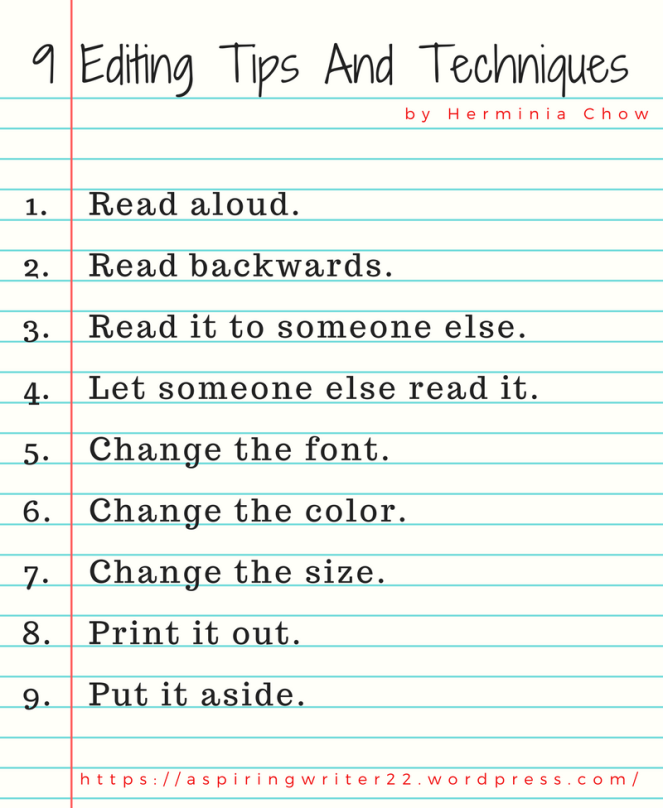I’ve edited essays until my eyes hurt, so I figured I’d break down my process to better understand how I operate. For those moments I don’t remember what to do when faced with a terrible first draft.
I tend to start from the beginning and work my way to the end. It seems the most logical to me.
I’m not sure where I’d even begin if I didn’t start with the first sentence. That being said, reading backwards is a good strategy to catch spelling mistakes.
When I’m on the computer, I make content changes. This involves cutting, rewriting, as well as moving ideas around. It’s just easier to copy and paste on a computer than on a phone.
I make edits to the content first before I get to the mechanics or the smaller but still significant details like grammar. Once I’m happy with the placement of each sentence, I move on to making everything sound better.
I almost always take a break to get away from my slightly-improved-but-still-needs-plenty-of-improvement essays. I think about anything else in the world not related to editing.
I come back with a fresher pair of eyes and a re-energized mind.
Then I do technical edits on my phone. It’s convenient because I bring my device with me everywhere I go, so I can access my essays all the time.
I play with words until I find the perfect one. Two seconds later, I resign myself to the fact that perfection is impossible. Again, I work in a chronological fashion.
I know I’m done when I try to change something but end up liking the original better. I came up with a new title once, but I ultimately went with the old one.
Editing is a time-consuming process. There aren’t any corners you can cut. Just do your best. Who knows, you may even surprise yourself when all is said and done.


